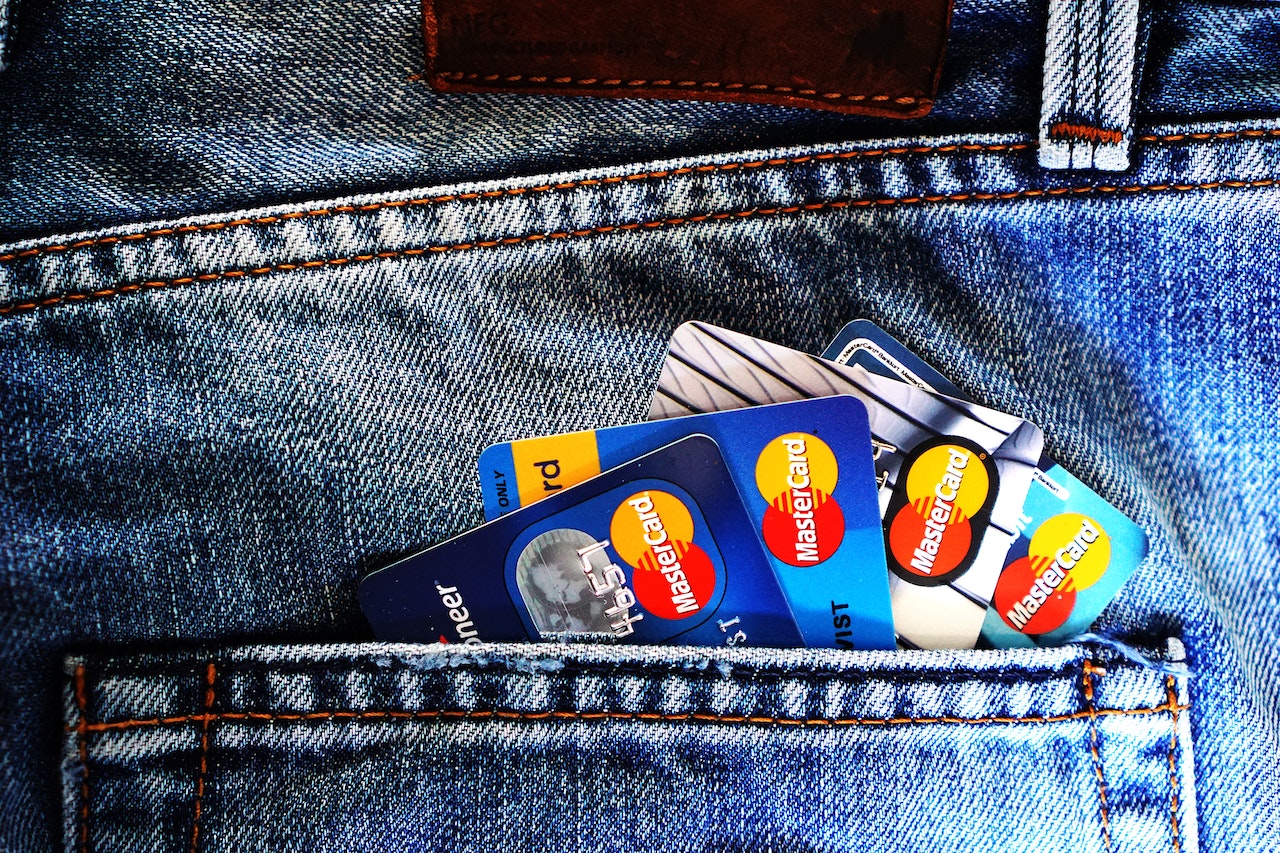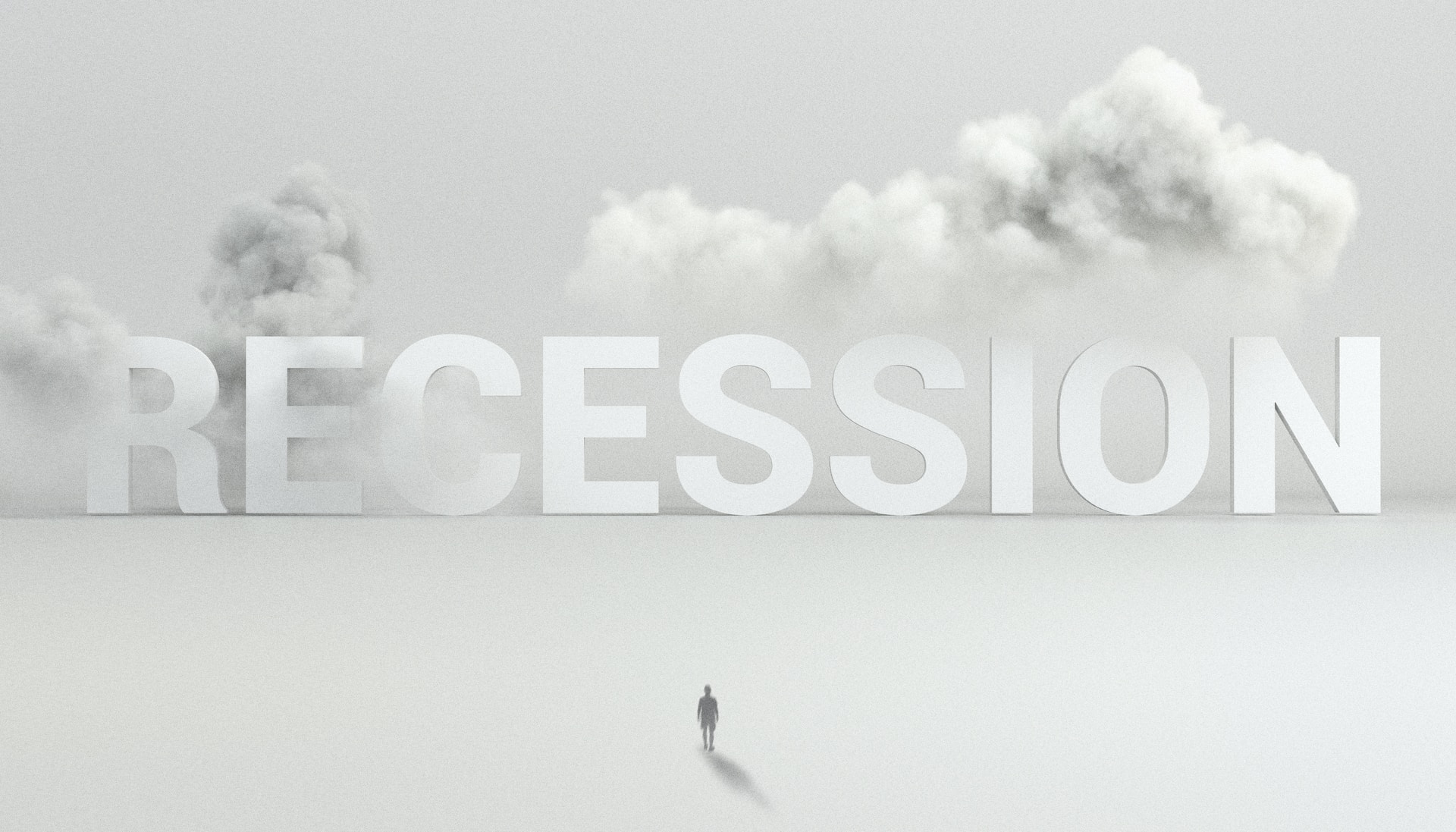Image by Freepik
The 401(k). Just the name evokes such…boredom. But it’s actually one of the most exciting pieces of adulting jargon out there! Think about it: if a 401(k) were a person, it would be that awkward kid in high school who turns into a billionaire tech mogul. You know the type: wears glasses, never gets invited to the cool parties, but then one day rolls up in a Ferrari.
Now, for all you enthusiasts out there who think a 401(k) is a type of fancy, new age keyboard shortcut — think again. It’s actually a retirement savings plan! Yep, that thing you’ve been avoiding thinking about because retirement feels centuries away, especially when you’re deciding between avocado toast or paying rent.
So, what on Earth is a 401(k)?
Well, to put it in plain English, a 401(k) is a magical pot at the end of the rainbow where you store bits of your paycheck and hope that by the time you’re old and wrinkly, there’s enough gold in there to let you retire on a beach somewhere (or, at least, upgrade your Netflix subscription).
Named after a super thrilling section of the U.S. tax code (because honestly, what’s more exhilarating than tax legislation?), the 401(k) plan allows employees to stash away a part of their salary before Uncle Sam can get his grubby mitts on it. Now, don’t get too excited; eventually, you’ll have to pay taxes when you take the money out, but let’s not ruin the fun right away.
How does it work, you ask?
Imagine every month you take a slice of your pizza (your salary) and put it in a pizza box (the 401(k) account). Over time, thanks to compounding interest, that slice of pizza magically multiplies. (Note: Actual 401(k) does not produce pizza. If yours does, please contact me immediately.)
Your employer can also toss a slice into your box — this is called a match. Basically, they’re bribing you to save. “Hey, if you put some pizza in this box, we’ll give you more pizza!” If your employer offers this, TAKE IT. It’s like if someone offers you free pizza – you don’t question it, you just say thank you.
But here’s the kicker – this pizza box is locked. If you try to open it before you turn 59 and a half (because half birthdays are super important here), you’ll get slapped with a penalty. So, if you were thinking of dipping into it to fund your impromptu trip to Ibiza, think again.
“Why 59½? And Other Quirky 401(k) Tidbits”
Now, I know what you’re wondering. Why the very specific age of 59½? Did the government use a magical eight ball to decide? Did someone’s grandma insist that 59½ was the optimal age to start cashing out? While the true reason is cloaked in the thrilling world of tax legislation, just remember this: hitting 59½ means you’re officially in the “I-can-touch-my-401(k)-without-penalties” club. Woo!
Enter the World of Investments!
Hold onto your hats, folks, because here’s where the rollercoaster gets wild. When you put money into a 401(k), you don’t just let it sit there, gathering metaphorical dust. No! You get to invest it in things like stocks, bonds, mutual funds, and the dreams of tiny unicorns. Okay, maybe not the last one. These investments determine how much your money grows (or shrinks, because, you know, life).
But here’s the fun twist: you usually get to decide how risky you want to be. Want to be a daredevil and invest heavily in stocks? Go for it! Prefer the life of a cautious tortoise and want to stick with more stable bonds? That’s your call.
Might be a useful read: Should You Invest in Stocks or Bonds?
Roth 401(k): The Cool Cousin
Just when you thought you had this 401(k) thing down, let me introduce you to its hip cousin: the Roth 401(k). It’s like the 401(k), but it listened to indie bands before they were mainstream. With a traditional 401(k), you pay taxes when you withdraw. With a Roth, you pay taxes when you contribute. It’s like deciding if you want to be punched now or later. Some folks prefer now, so they can enjoy the future without any surprises.
In Conclusion: The 401(k) Magic Show
By now, you should see that the 401(k) isn’t just a boring number-letter combo. It’s a magical world of tax-deferred savings, potential employer matches, and investment adventures. Sure, it might sound as exciting as watching paint dry initially, but when you’re 70, sipping pina coladas on a beach thanks to your hefty 401(k) savings, you’ll be glad you jumped into this whimsical world.
So, next time someone brings up the 401(k), don’t just nod and change the topic. Dive in! Discuss! Debate whether 59½ is indeed the right age or if it should be 59¾. And most importantly, remember: it’s never too early (or too late) to join the magical 401(k) circus.
Disclaimer: While this article attempts to bring humor to the world of finance, always consult with a financial advisor for actual advice. And no, a 401(k) still doesn’t produce pizza. Sorry.
Pro Tips to Supercharge Your 401(k) Adventure:
- Start Early: The power of compounding interest is like magic. The earlier you start, the more your money multiplies. Even if you can’t contribute a lot initially, a little bit over a long time can grow into a fortune. Remember, it’s not about timing the market, but time in the market.
- Max Out That Employer Match: If your employer offers a matching contribution, aim to contribute at least enough to take full advantage of it. It’s essentially free money. Don’t leave it on the table!
- Diversify, Diversify, Diversify: Putting all your investment eggs in one basket? Not the wisest choice. Spread your investments across various assets. This helps to balance out risks.
- Review and Adjust: Your financial goals and risk tolerance will change over time. Periodically review your 401(k) investments and adjust as needed. Think of it as giving your future retirement self a little check-up.
- Beware of Fees: Small fees can eat into your savings over time. Be aware of the fees associated with your investment choices. Sometimes, that flashy mutual fund isn’t worth the extra cost.
- Roth or Traditional? Consider your current tax situation and what you expect it to be in retirement. If you think you’ll be in a higher tax bracket in the future, a Roth might be the way to go. Otherwise, stick with traditional.
- Avoid Early Withdrawals: Tempting as it may be, dipping into your 401(k) before age 59½ can come with penalties and tax implications. It’s called a retirement fund for a reason. Treat it as your untouchable pot of gold!
- Stay Informed: The world of finance is always evolving. Stay updated on tax laws, investment options, and best practices. Knowledge is the key to maximizing your 401(k)’s potential.
Remember, while these pro tips offer a great starting point, everyone’s financial situation is unique. Consider consulting with a financial advisor to tailor your 401(k) strategy to your individual needs. And in the meantime, keep dreaming of that retirement beach (or mountain cabin, or city penthouse…you do you)!
401(k) FAQ: Because Everyone Has Questions, Even If They Won’t Admit It
The name “401(k)” isn’t some secret code. It simply refers to section 401, subsection k, of the Internal Revenue Code. Riveting stuff, right?
It’s meant to be a retirement savings plan, not an “I-want-a-new-jet-ski” fund. If you withdraw early, you’ll likely pay penalties and taxes. The idea is to incentivize you to save for your golden years.
Not every employer, but many do. Always check with your company’s HR department to understand the specifics of your plan.
While it depends on personal goals and financial situations, a common recommendation is to at least contribute enough to get the full employer match (if offered). Beyond that, aim for 10-15% of your salary if possible.
Typically, you have several options: leave it with your old employer, roll it over into your new employer’s plan, roll it into an Individual Retirement Account (IRA), or cash out (but remember those penalties).
In a nutshell: tax timing. With a traditional 401(k), you get a tax break when you contribute, but pay taxes when you withdraw. With a Roth, you pay taxes on contributions but can make tax-free withdrawals in retirement.
While the 401(k) is a savings plan, it’s also an investment plan. Like all investments, there’s risk involved. The value of your 401(k) can go up and down based on your investment choices and market conditions.
While you don’t need to obsess over it daily, it’s good to review your account at least annually or after major life events.
Absolutely! It’s called a Solo 401(k) or Individual 401(k). It allows self-employed individuals to make both employee and employer contributions, offering a way to maximize retirement savings.
Cheers! You can start making withdrawals. Depending on your plan type, you may need to pay taxes. After age 72, you’ll have to take required minimum distributions (RMDs) each year.
It’s okay! Life happens. Start small, even if it’s just 1% of your salary. As your financial situation improves, gradually increase your contributions. Every bit helps, and the power of compounding will still work its magic.
Some plans allow it, but tread carefully. While borrowing from your 401(k) doesn’t incur the typical early withdrawal penalties, you’ll have to pay back with interest, and you may miss out on potential investment gains.
Vesting refers to the amount of time you need to work for your company before you “own” your employer’s contributions to your 401(k). If you leave before you’re fully vested, you might only take a portion, or none, of the employer match with you.
Yes! Some exceptions include disability, certain medical expenses, buying a first home, or if the plan participant passes away. But it’s crucial to check the specifics and potential tax implications.
Both are retirement accounts, but they have different rules and limits. A 401(k) is employer-sponsored, while an IRA (Individual Retirement Account) is opened by an individual. You can actually have both!
There’s an annual contribution limit. If you exceed it, you’ll have until April 15th of the following year to correct it. If not addressed, you might face double taxation on the excess amount.
Starting at age 72, you must start withdrawing a minimum amount each year. The specific amount depends on several factors, including your account balance and life expectancy.
For those aged 50 and over, the IRS allows you to contribute extra to your 401(k) beyond the standard limit. It’s like a little bonus round for getting closer to retirement!
No! You can take out as much or as little as you need (keeping in mind RMDs after age 72). Some retirees choose to roll their 401(k) into an IRA for more flexibility.
Typically, your contributions will go into a default investment chosen by your plan unless you select otherwise. It’s crucial to review and adjust your investments to align with your goals and risk tolerance.



